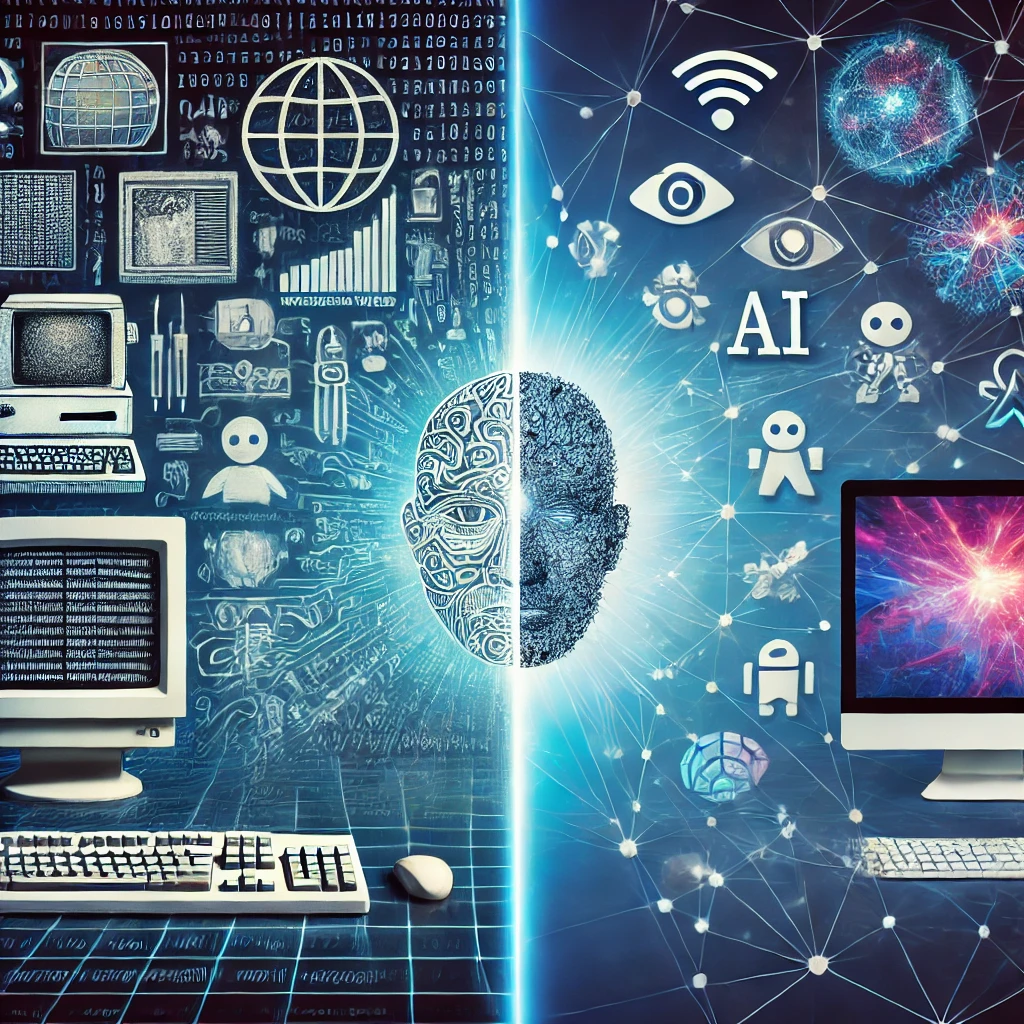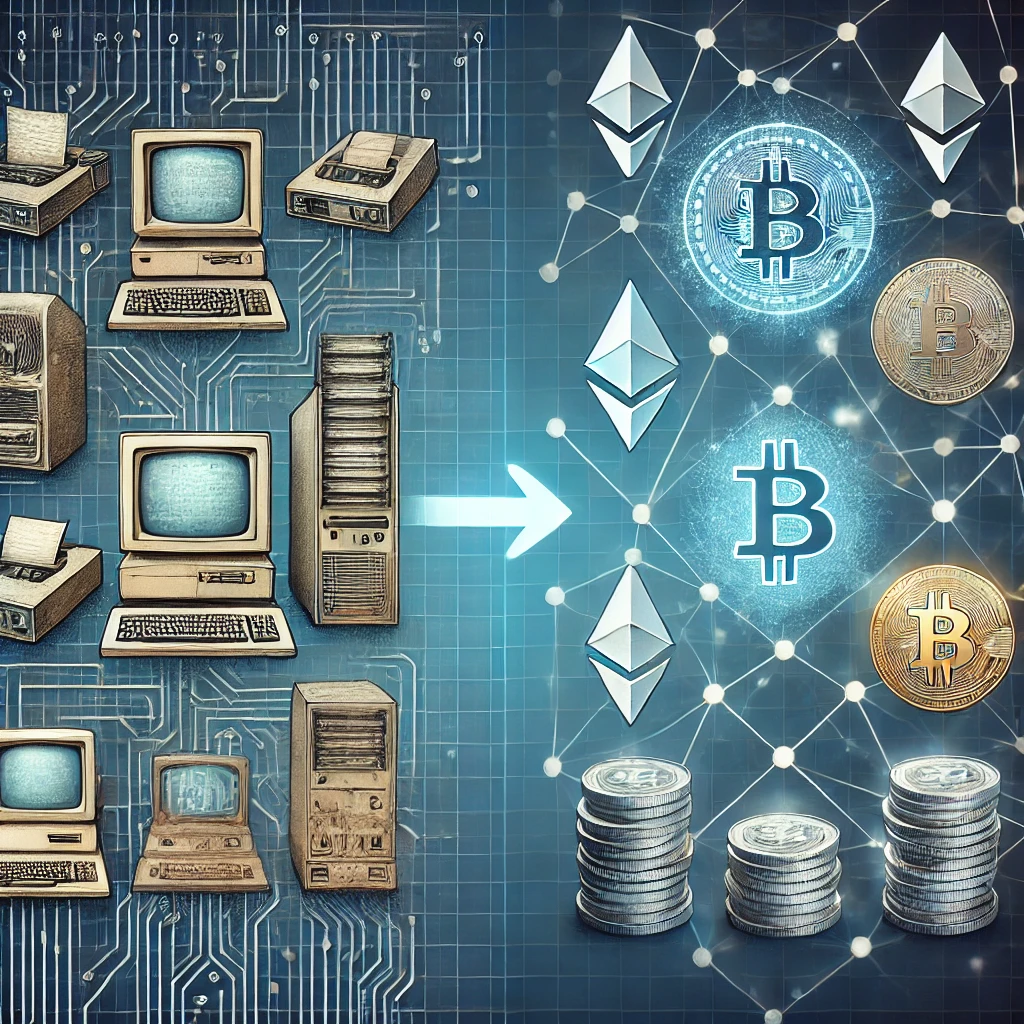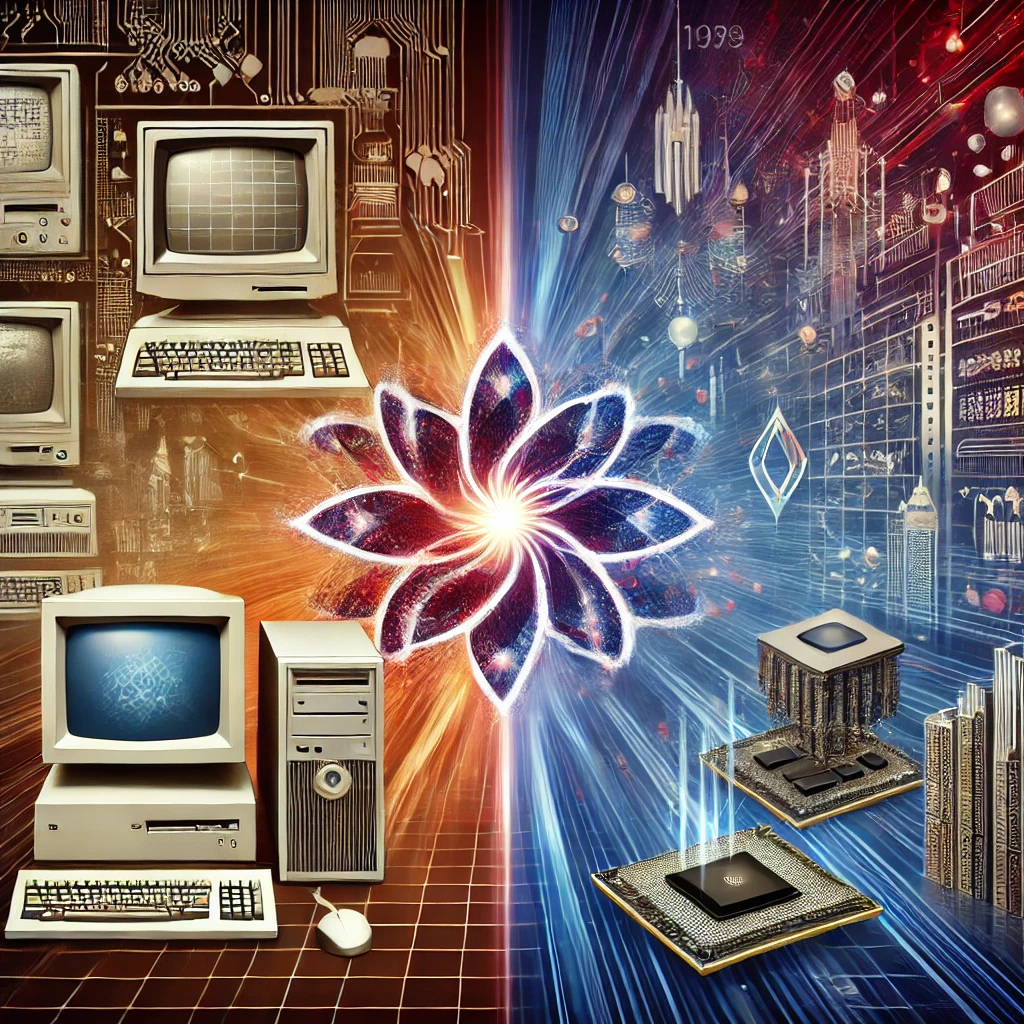Artificial Intelligence: The Next Frontier After the World Wide Web

The World Wide Web transformed the world in ways few could have imagined when it first emerged in the 1990s. It connected people, industries, and entire economies on a global scale, democratizing access to information and sparking an age of digital innovation. Today, another technological revolution is unfolding—artificial intelligence (AI). Much like the web before it, AI is rapidly reshaping industries, enhancing user experiences, and creating new opportunities. Its potential impact is vast, and as it becomes more integrated into everyday life, we are witnessing a new frontier in technological evolution.
The internet’s primary achievement was global connectivity. Suddenly, people could communicate across borders, access information instantly, and share knowledge in unprecedented ways. Industries like e-commerce, entertainment, and education flourished as the web grew, and businesses adapted to this new digital economy. AI, however, represents the next step in this journey. Rather than merely connecting people, AI offers intelligent systems that can learn, adapt, and improve, providing personalized experiences and automating tasks once reserved for humans.
AI’s trajectory is mirroring that of the World Wide Web in transforming industries. In healthcare, for example, AI-powered diagnostics are revolutionizing medical treatment by analyzing vast amounts of data to detect diseases earlier and with greater accuracy. Similarly, AI is being employed in finance, optimizing trading algorithms and improving customer service through chatbots. In manufacturing, AI-driven robots and predictive maintenance are making processes more efficient and reducing downtime. Just as the web redefined entire sectors, AI is now doing the same but at an accelerated pace.
One of AI's most profound impacts lies in the way it improves user experiences. AI algorithms analyze user behavior to offer personalized content recommendations, from streaming platforms to online shopping. Virtual assistants like voice-activated devices help users manage daily tasks, making interactions with technology seamless and intuitive. This level of personalization and automation is reminiscent of the early days of the internet when user-friendly interfaces and search engines changed how people navigated the digital world. AI is taking this further, making technology almost invisible in its execution while enhancing everyday life.
However, with AI’s rise come new risks and ethical considerations. As AI systems become more autonomous, there is growing concern about the transparency of decision-making processes. For instance, in industries like finance and law, the use of AI must be carefully monitored to ensure fairness and avoid biases that could disproportionately affect certain groups. The issue of data privacy is also paramount. AI relies heavily on vast amounts of data, and protecting that data from misuse is critical to maintaining public trust.
The growing influence of AI also raises questions about job displacement. Automation has already begun to replace routine, manual tasks, and many fear that as AI becomes more capable, it could impact employment in various industries. However, much like the advent of the internet created new jobs and industries, AI presents opportunities for innovation and new types of employment. The challenge lies in ensuring that people are equipped with the skills needed to thrive in this AI-driven world.
Despite these challenges, the parallels between the World Wide Web and AI are clear. Both technologies have unlocked new possibilities and reshaped the fabric of society. Just as the internet enabled people to communicate, collaborate, and create on a global scale, AI is poised to take that connectivity to the next level, allowing systems to work intelligently and autonomously to solve problems and enhance human capabilities.
The evolution from the World Wide Web to artificial intelligence marks a pivotal chapter in technological history. As AI continues to evolve, it will undoubtedly play a transformative role in industries and everyday life, much like the web did before it. The key is navigating this journey with an understanding of both its immense potential and the responsibility to guide its development ethically and responsibly.


Emily Johnson
I've followed Techshiftnow for a while, always impressed.
David Brown
Techshiftnow always provides great insights!